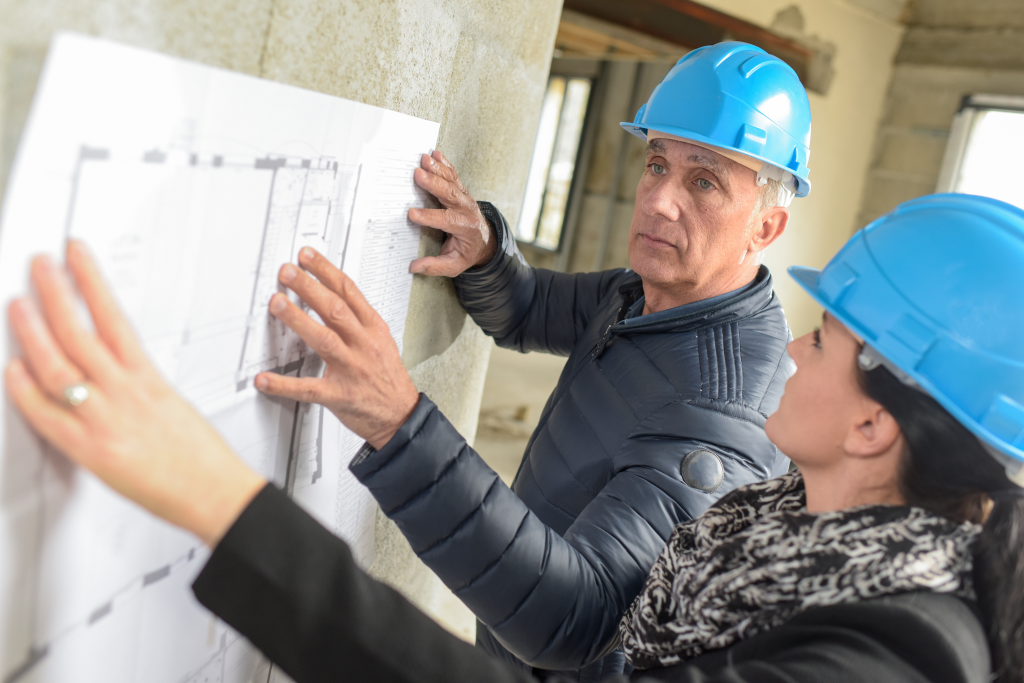When starting a building project, whether it’s a new build or a remodel, numerous homeowners and business owners find themselves wondering about the role of a general contractor. What does a general contractor do? This essential question sets the stage for understanding the important functions these professionals play in transforming blueprints into actuality. In this comprehensive guide, we aim to explore all aspects of the daily responsibilities of a general contractor to the key qualities that make an individual great in this position.
The path of a successful construction project is not often straightforward. It requires careful planning, coordination, and a deep understanding of various elements, including permits, safety regulations, and communication with subcontractors. This article will not only highlight how general contractors manage projects from start to finish and will also provide insights into the importance of hiring a licensed professional. Whether or not you are considering a residential renovation or a commercial development, grasping the nuances of working with a general contractor can ultimately save you time and money while ensuring that your project meets each of your expectations.
Understanding the Function of a Construction Manager
A construction manager is the foundation of every construction project, responsible for managing the complete process from initiation to completion. They orchestrate the multiple moving parts, including hiring subcontractors, planning work, and ensuring that the project adheres to deadlines and budgets. A general contractor acts as the main point of contact for homeowners or clients, facilitating communication between all parties involved, such as designers, engineers, and subcontractors.
In addition to managing the operations of a project, construction managers also handle licensing and local laws. They make sure that the work is in accordance with building codes and safety standards, thus protecting homeowners from legal complications down the line. This regulatory expertise is crucial, as navigating the complex web of zoning laws and inspection requirements can be daunting, especially for someone not acquainted with the construction process.
In addition, a proficient construction manager possesses traits that go further than technical knowledge. Effective communication, analytical skills, and strong leadership are essential attributes that enable them to manage teams efficiently and maintain projects on track. Their ability to foresee potential issues and resolve them quickly can save time and resources, making the construction manager a crucial asset for every successful construction endeavor.
Key Qualities and Skills of Successful General Contractors

Accomplished general contractors possess a unique blend of qualities and skills that empower them to effectively manage construction projects. Initially, exceptional communication skills are essential. A successful general contractor must convey difficult information effectively to clients, subcontractors, and suppliers, making sure everyone is on the same page. This ability to communicate fosters trust and collaboration, which are key for a well-functioning project.
In also to communication, strong organizational and problem-solving skills are necessary. General contractors often handle multiple tasks, schedules, and teams, requiring them to stay organized and prioritize effectively. When unexpected issues arise, as they frequently do in construction, a successful contractor must think sharply and quickly to devise solutions that keep the project progressing and within budget.
In conclusion, a deep understanding of construction processes and regulations is vital. Knowledge of building codes, safety standards, and zoning laws enables general contractors to navigate the complexities of each project with confidence. Additionally, keeping up with industry trends and advancements in technology can improve efficiency and sustainability, making a contractor more competitive in the constantly changing construction landscape.
Navigating the Hiring Procedure: Advice for Homeowners
As starting the journey to contract a general contractor, it's essential to do in-depth investigation. Begin by requesting for https://buildstronggroupremodeling.com/ from family, colleagues who have recently finished building or renovation projects. Additionally, online platforms and local builder groups can provide useful input and testimonials on potential contractors. Make a list of potential hires and take the time to verify their licenses, coverage, and any pertinent credentials to ensure they're qualified for your particular project.
Once you narrow down your choices, prepare a list of questions to assess each contractor's background, work style, and interaction practices. Inquire about their previous works, methodology for managing timelines and budgets, and how they handle permits and compliance issues. It's essential to clarify your requirements and know how the contractor intends to maintain you updated throughout the project. Open dialogue is critical to ensuring both you and the contractor are aligned.
In conclusion, as you reach the finalization point, don't be afraid to ask for recommendations and check in with them. Meeting a contractor's previous clients can offer glimpses into their reliability and quality of work. When you receive quotes, ensure they are comprehensive and include all aspects of the project. Take effort to review the agreements thoroughly, paying attention on payment schedules, scope of work, and timelines. Aligning with the right contractor can considerably affect the outcome of your project, so select someone you feel confident will realize your vision to life.
